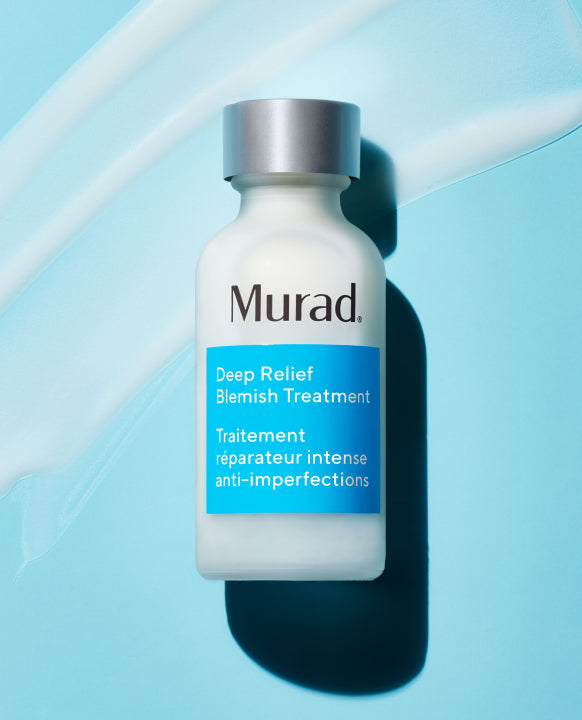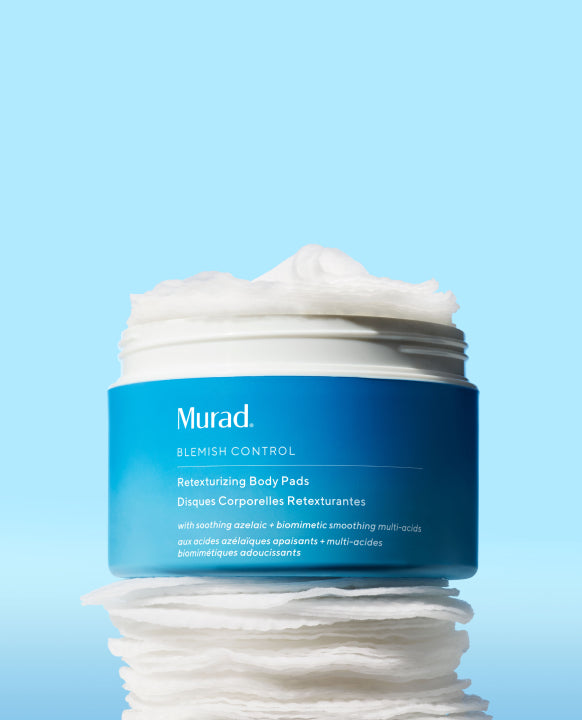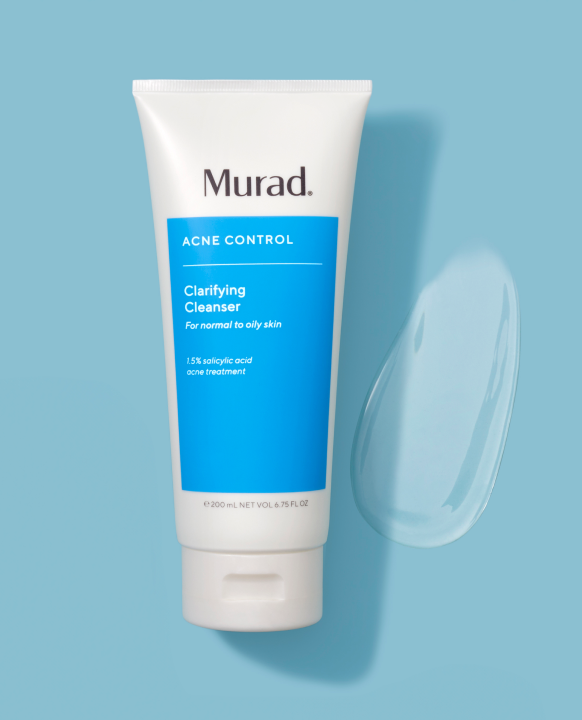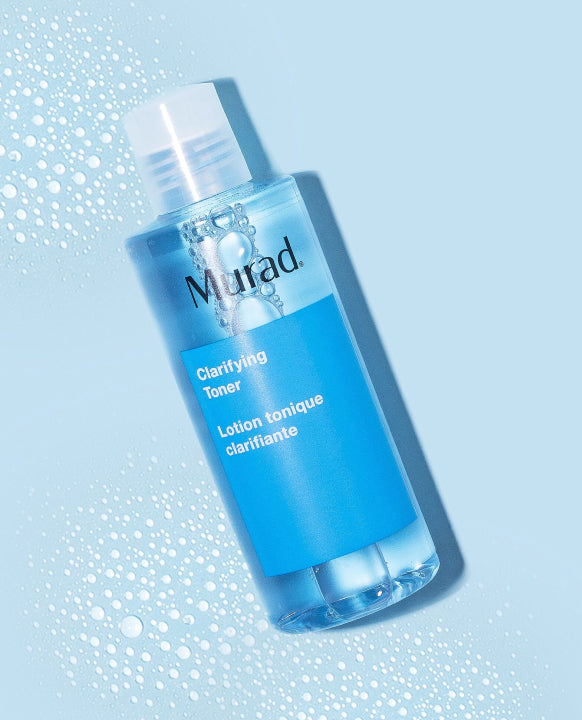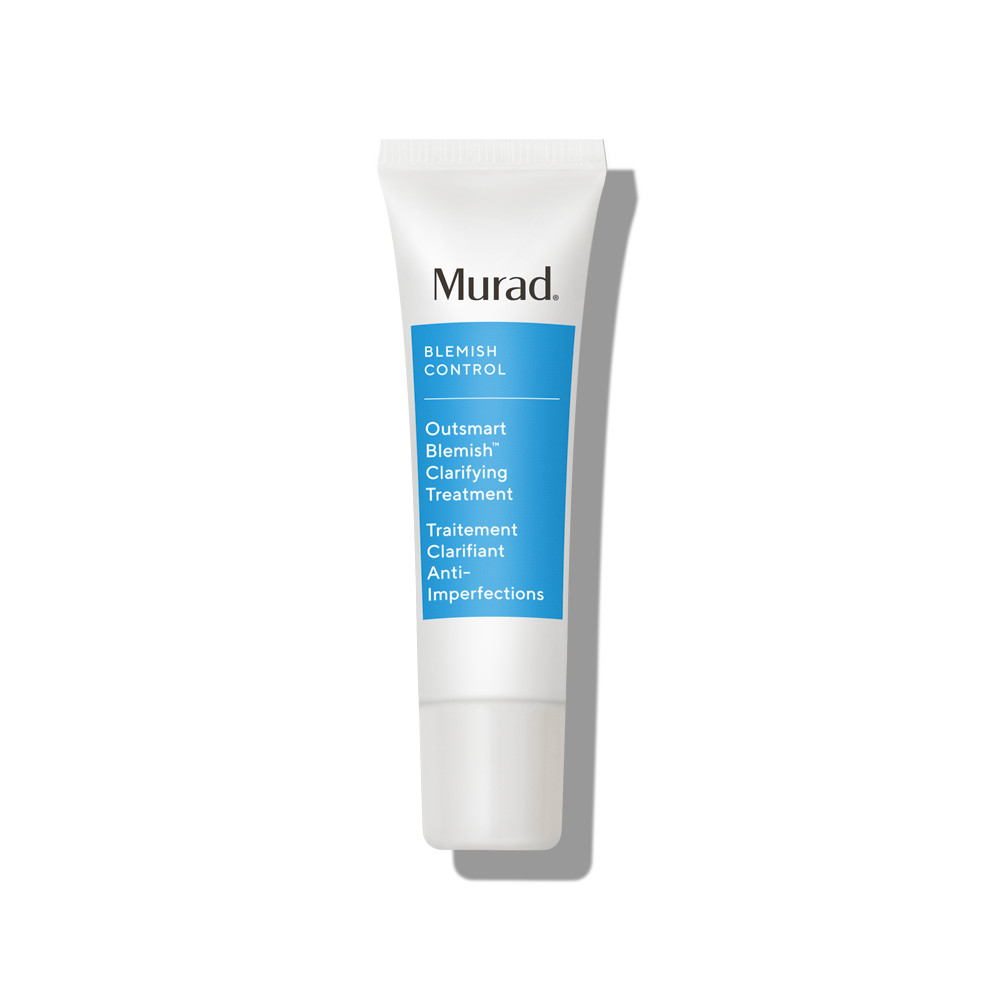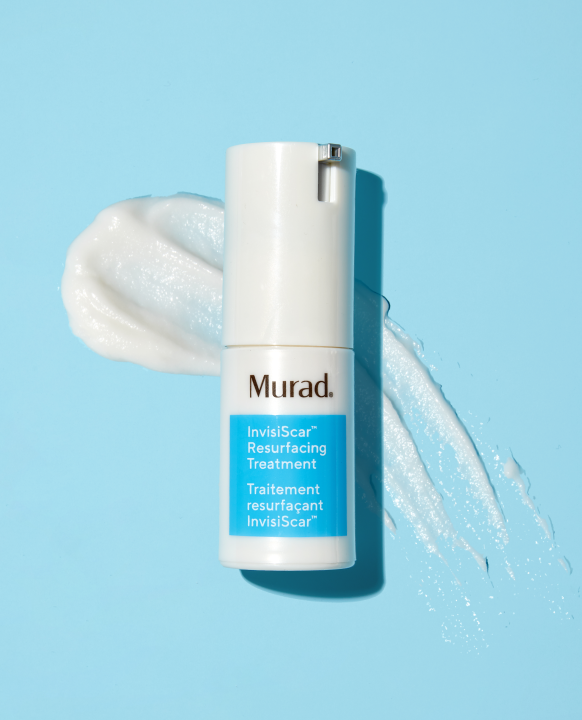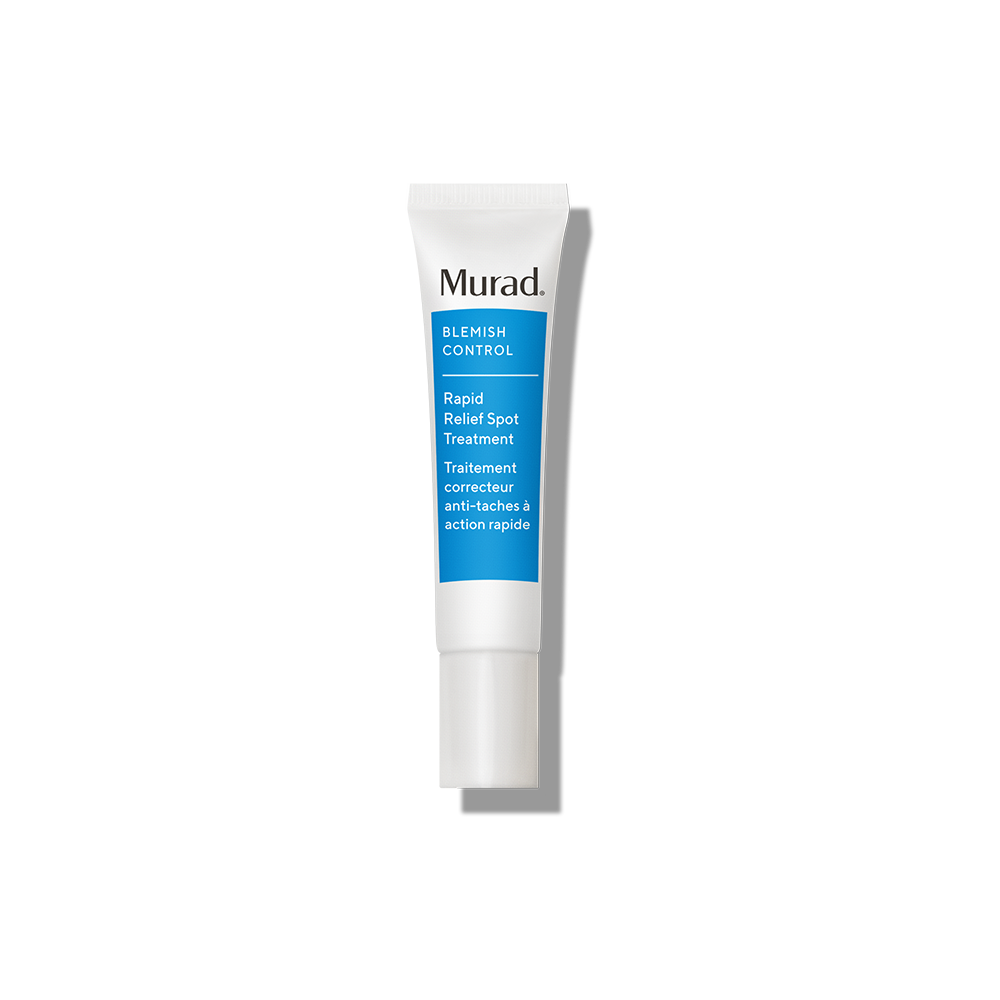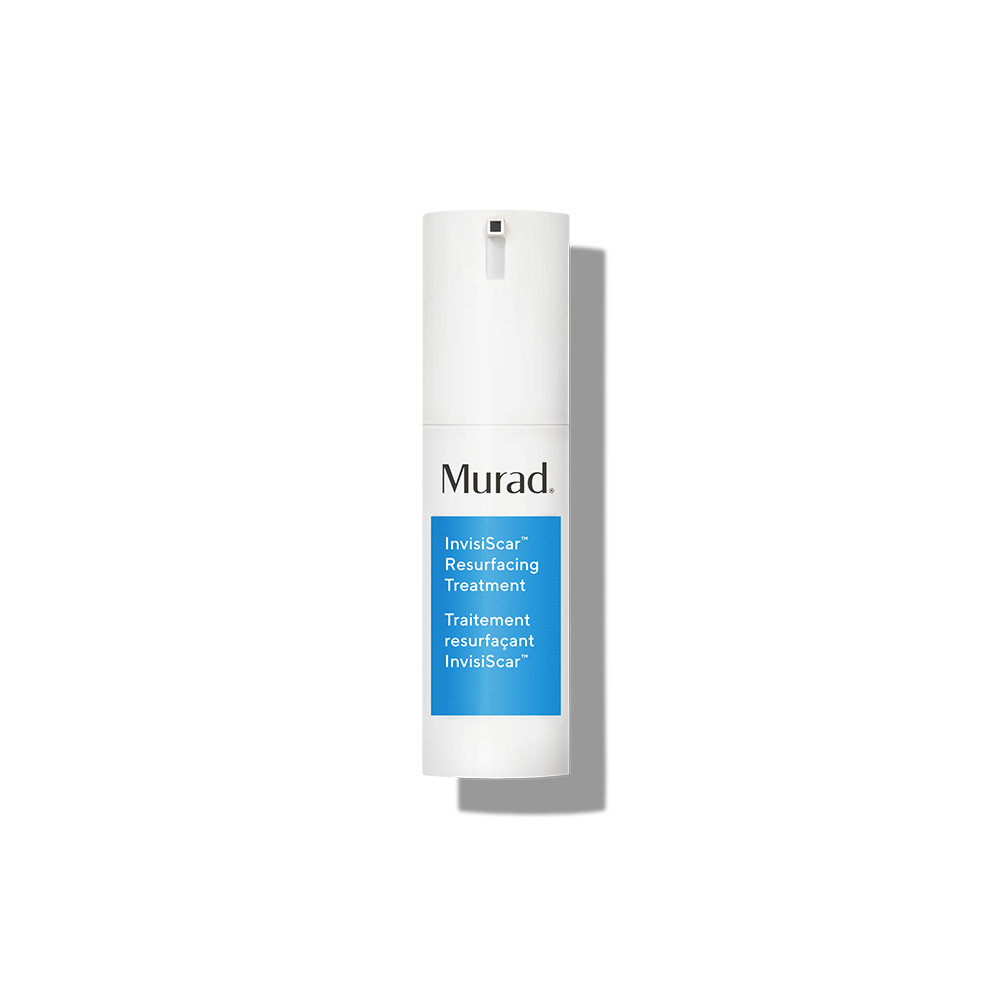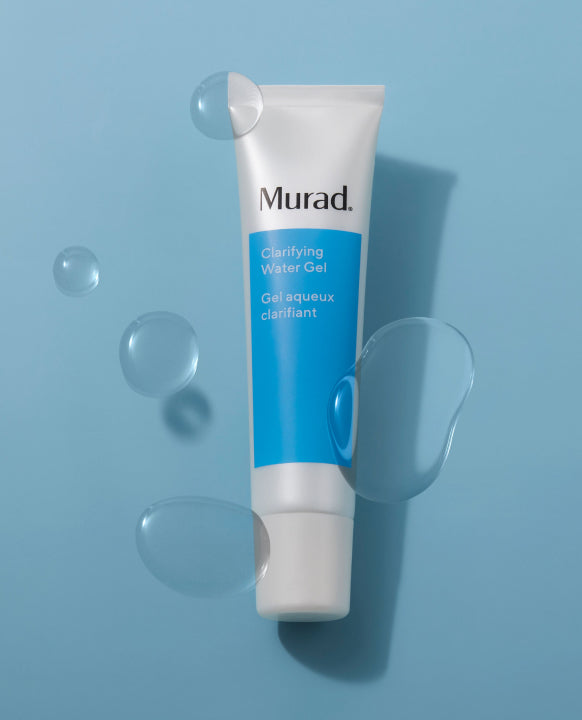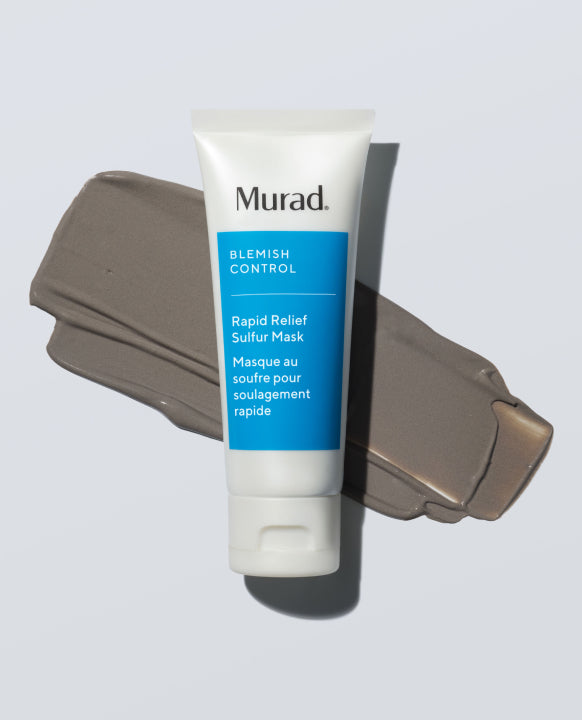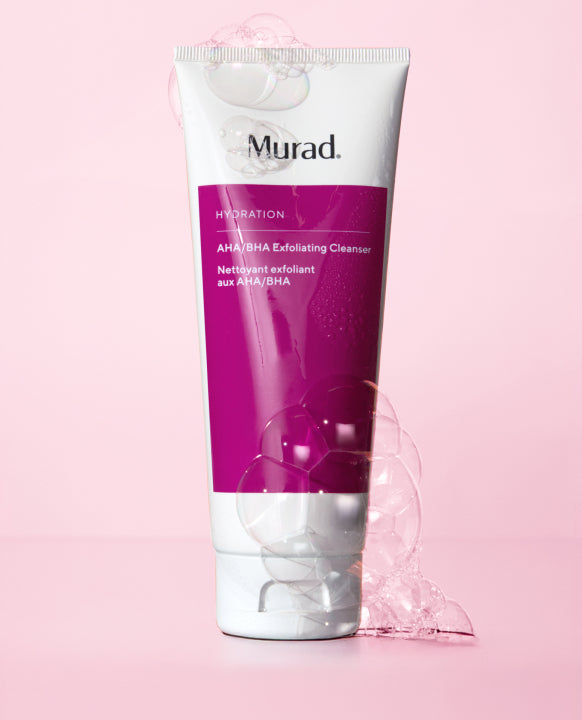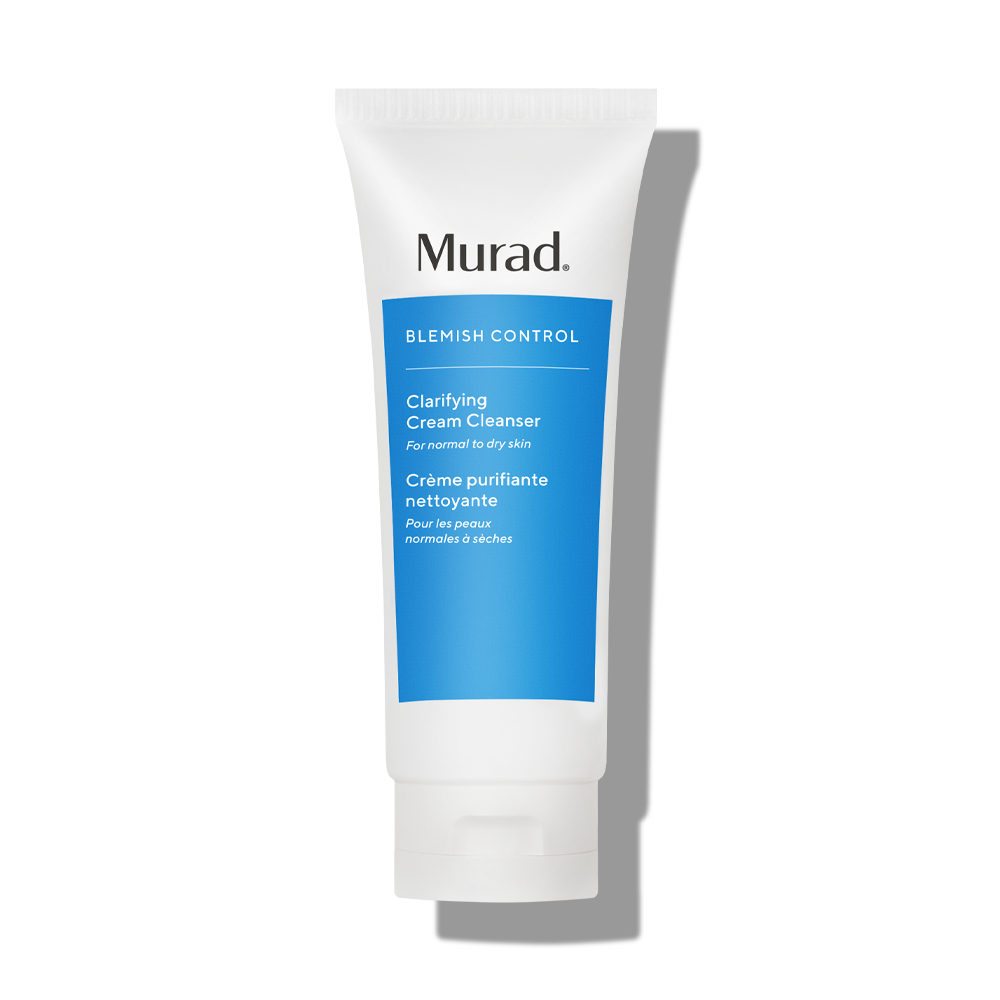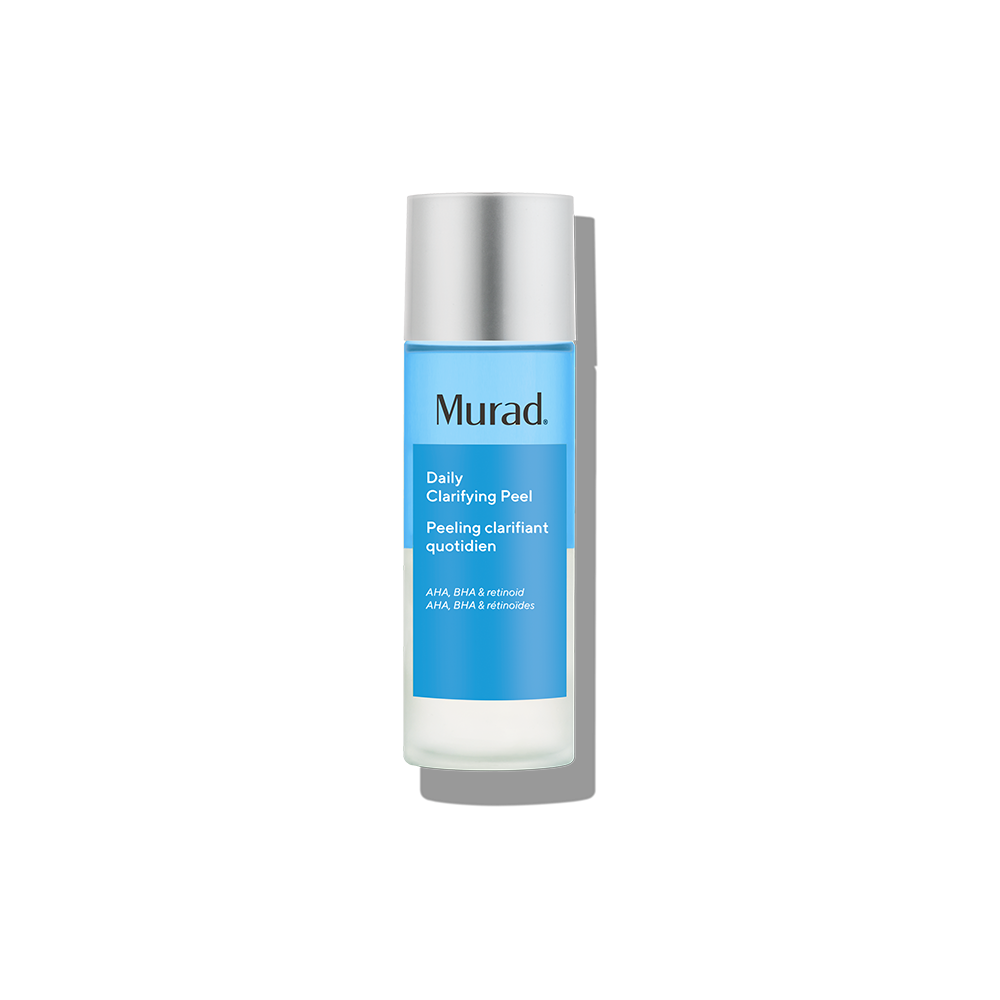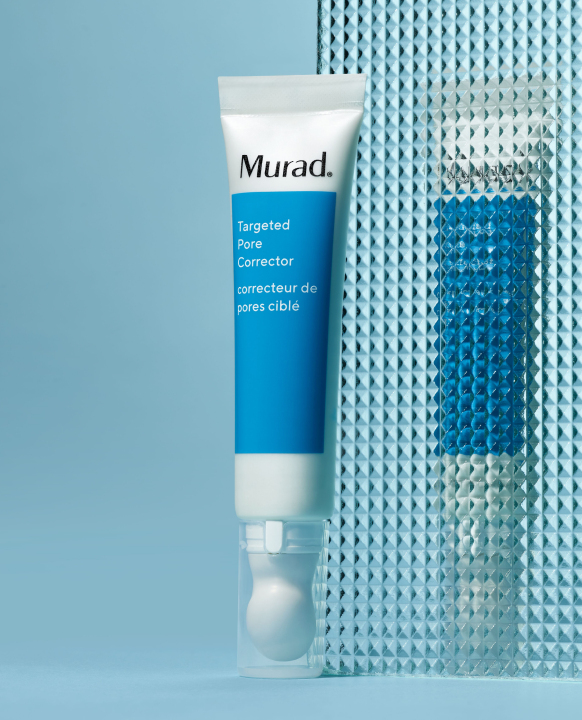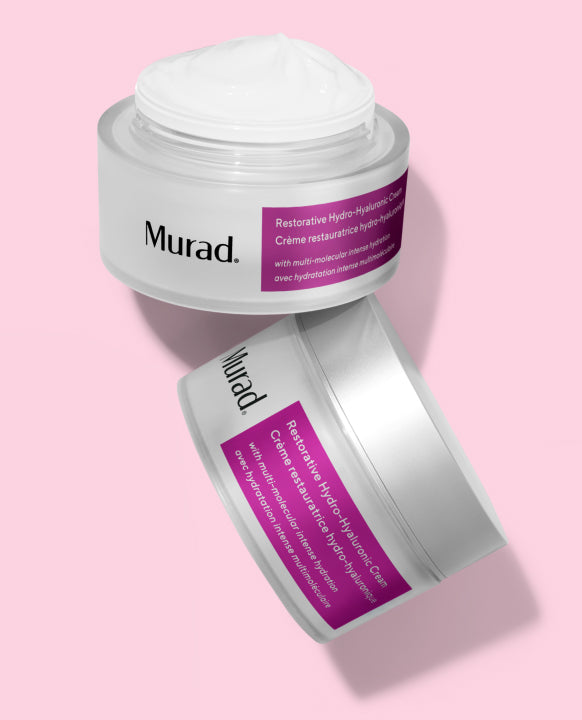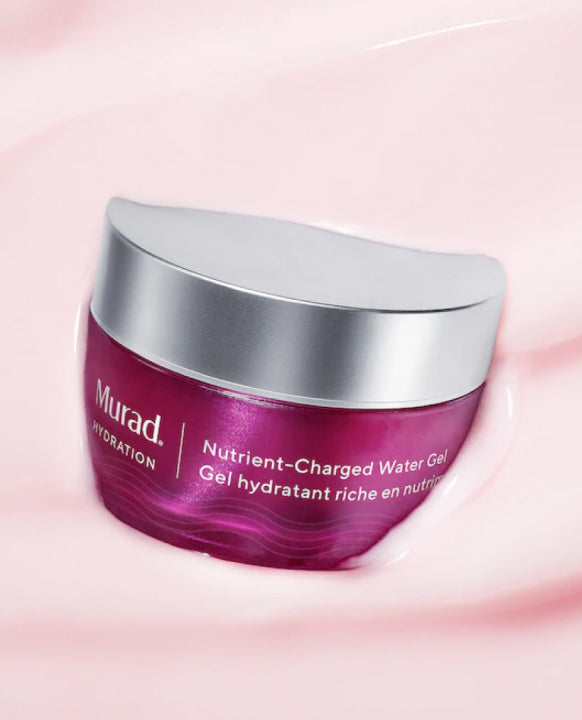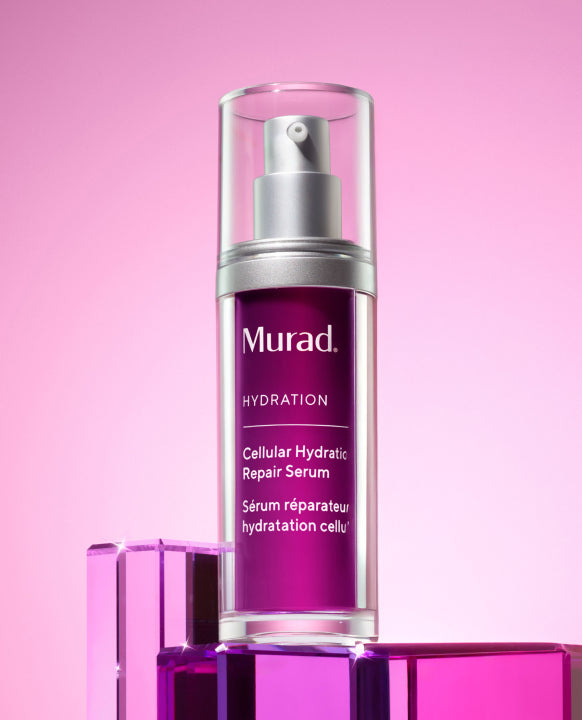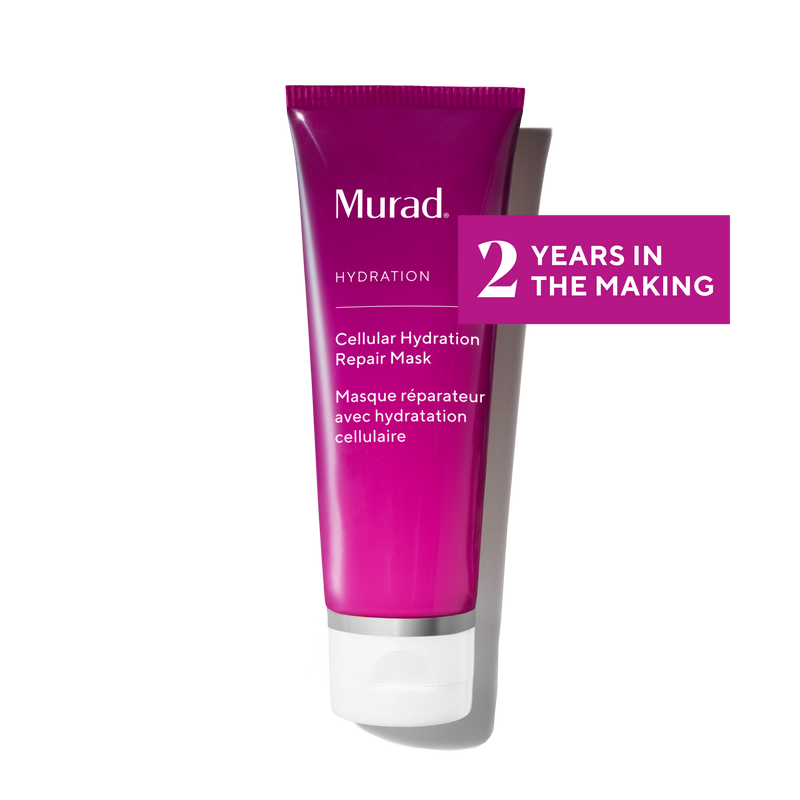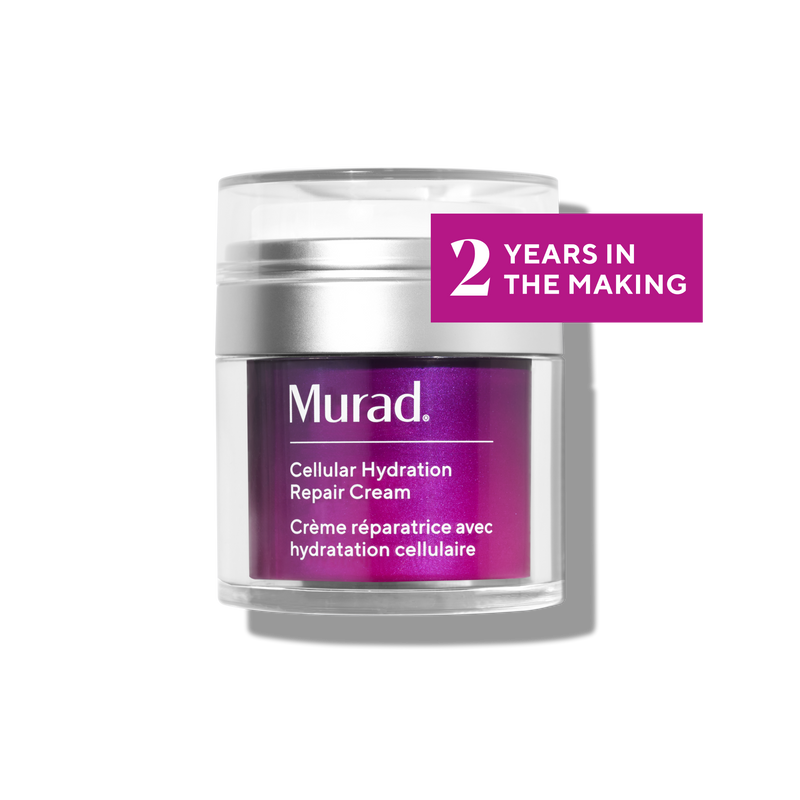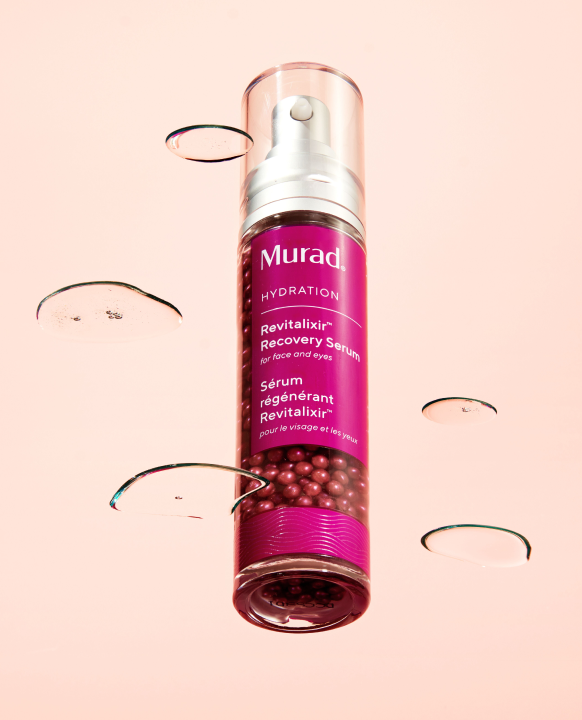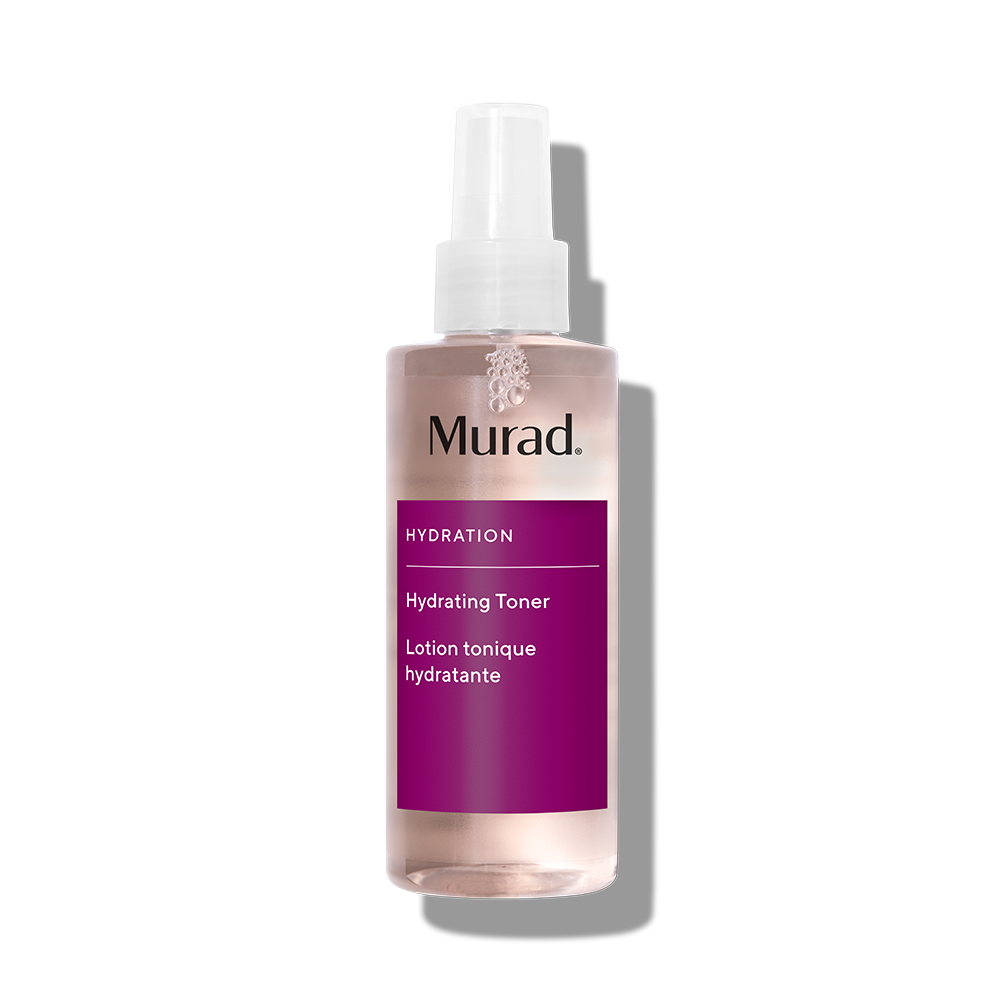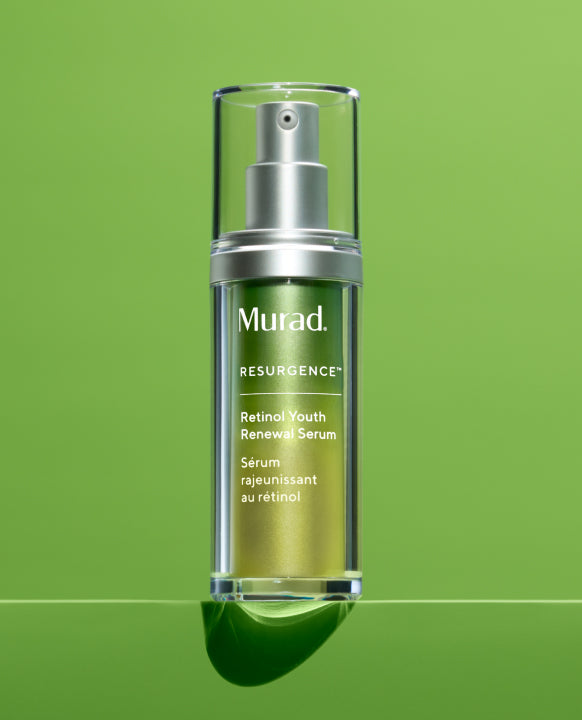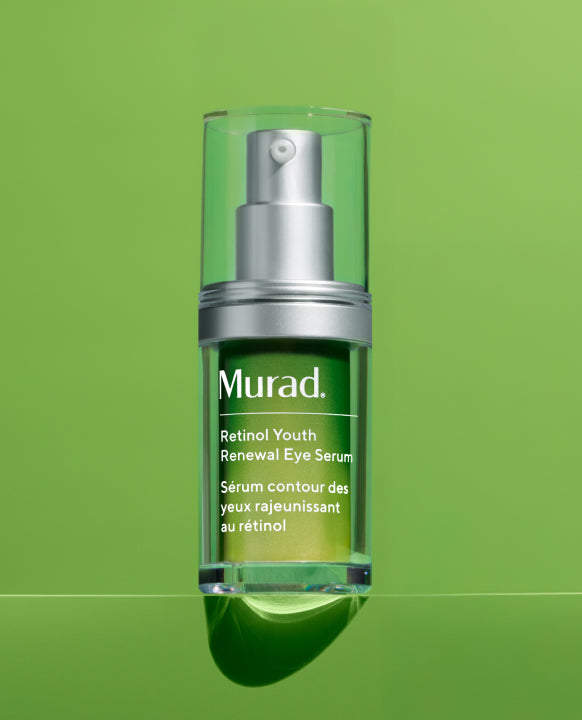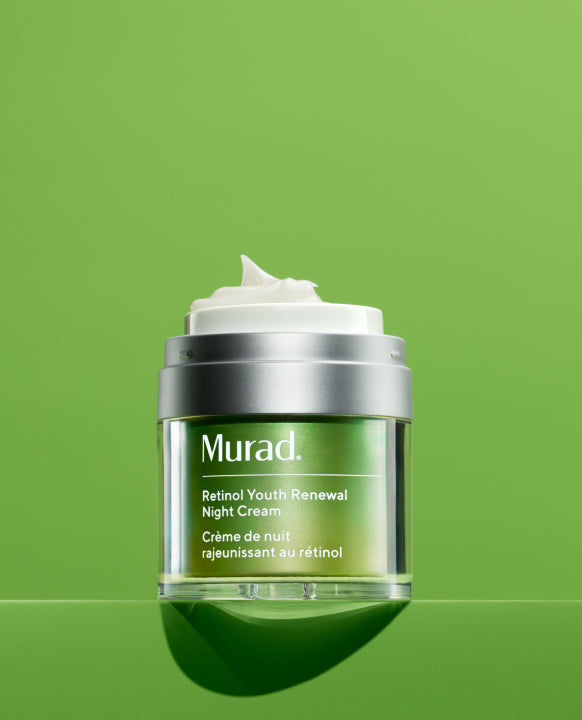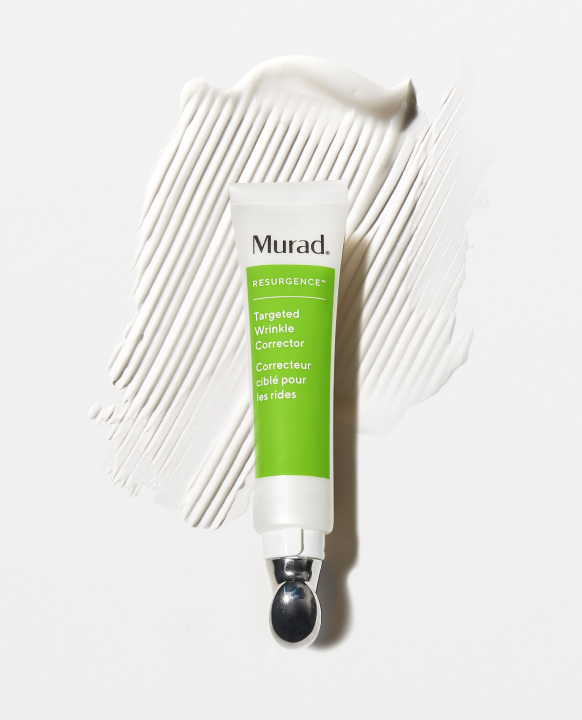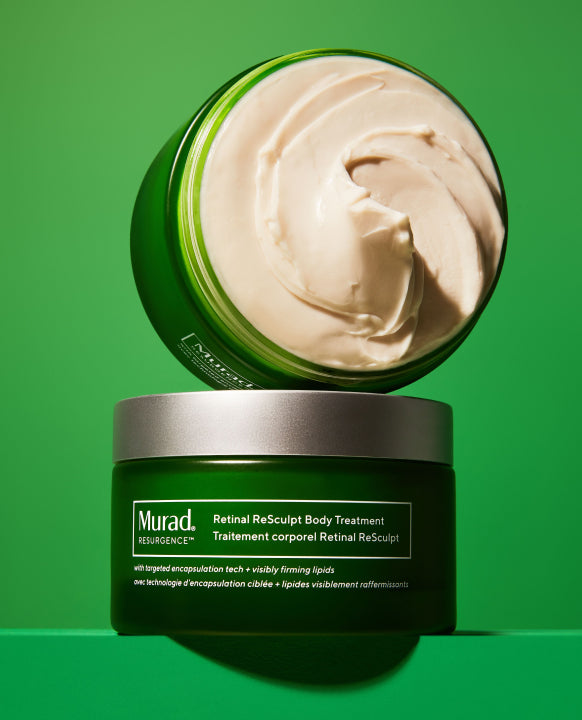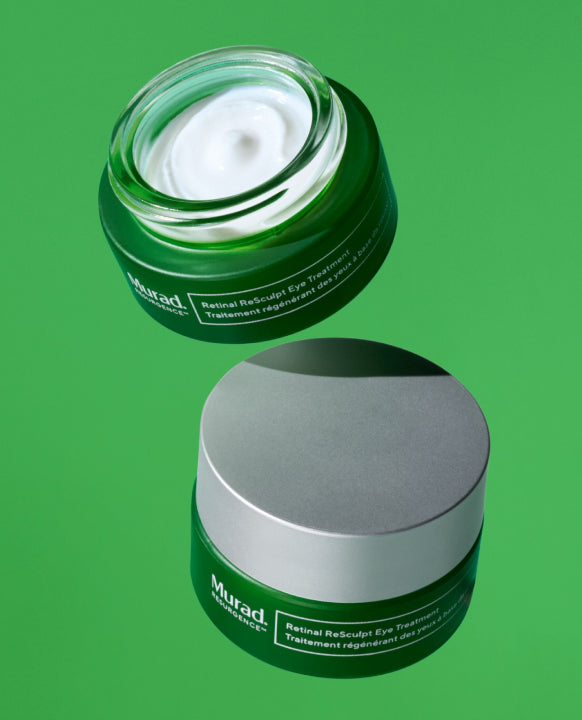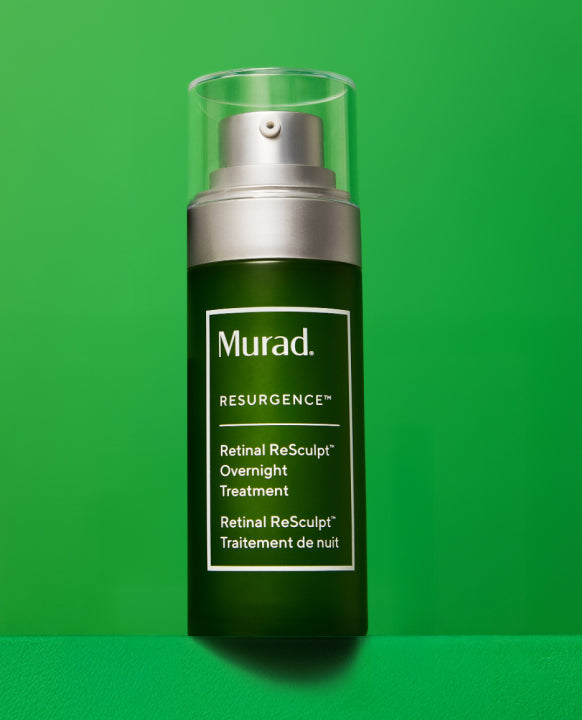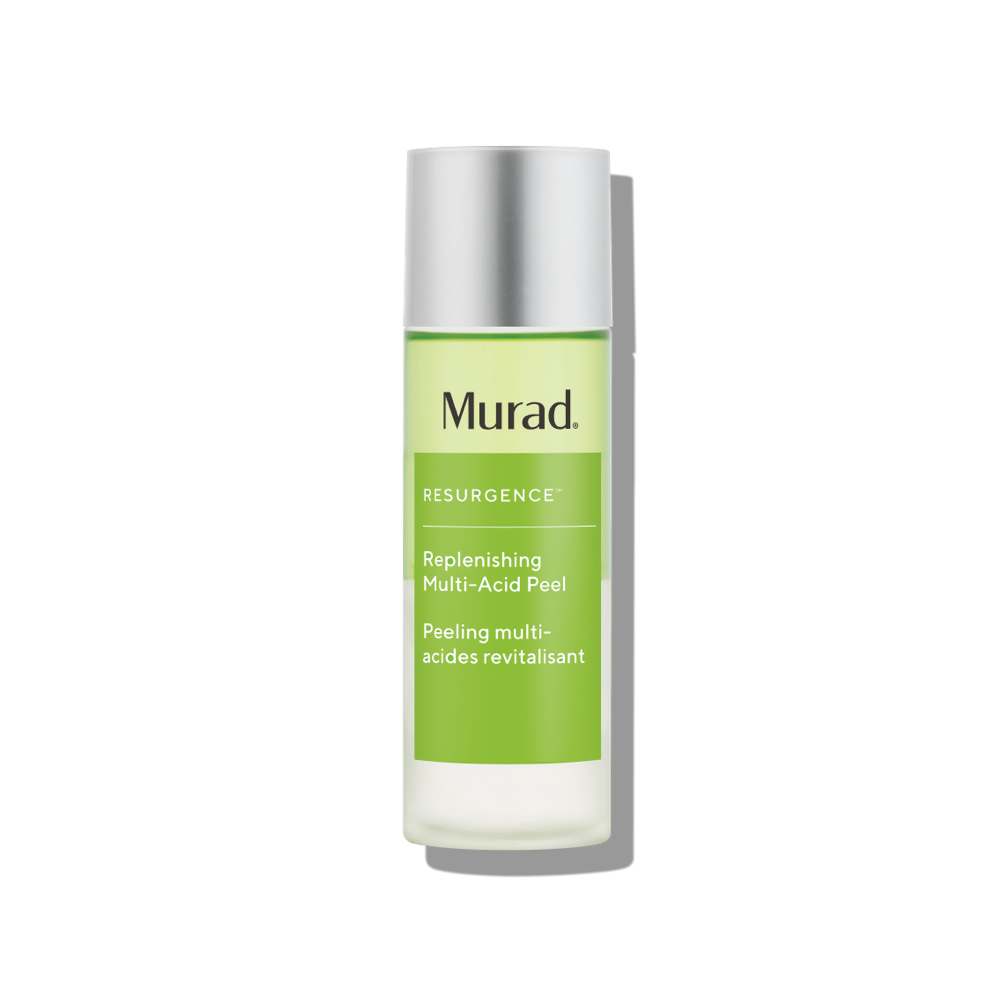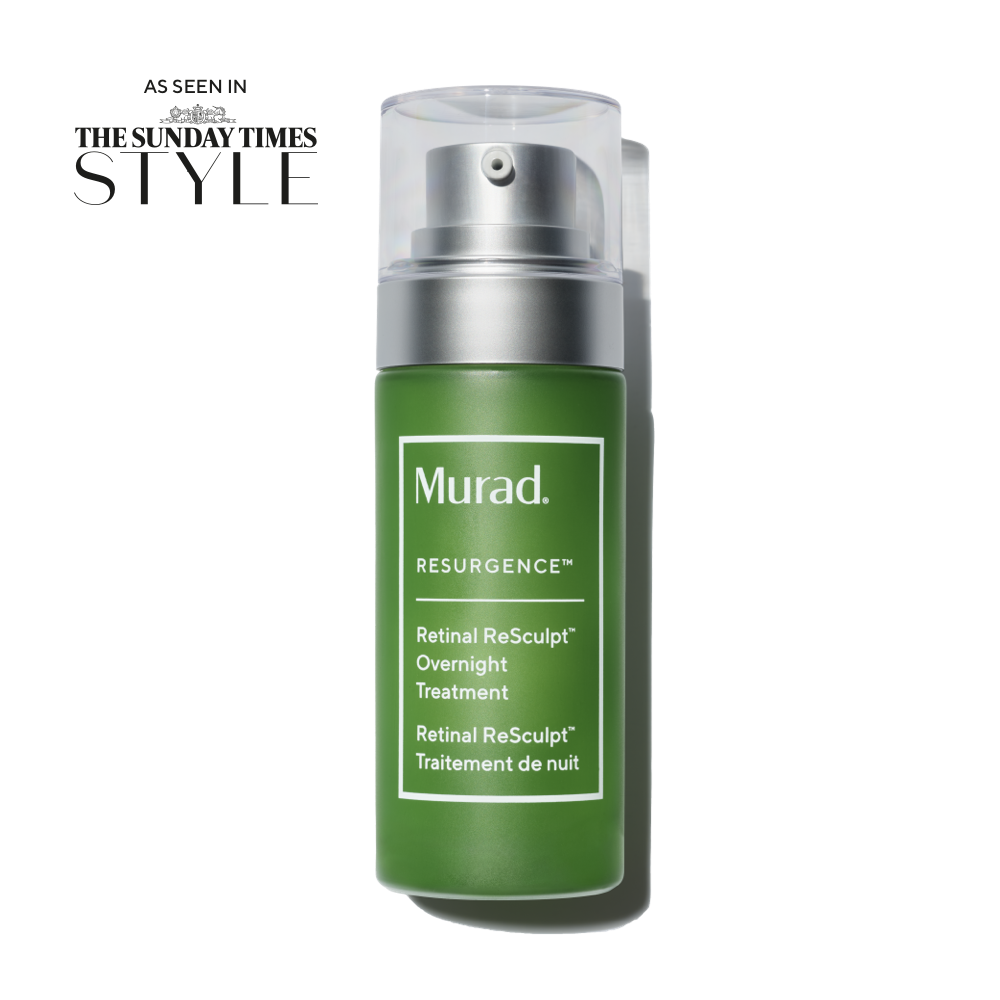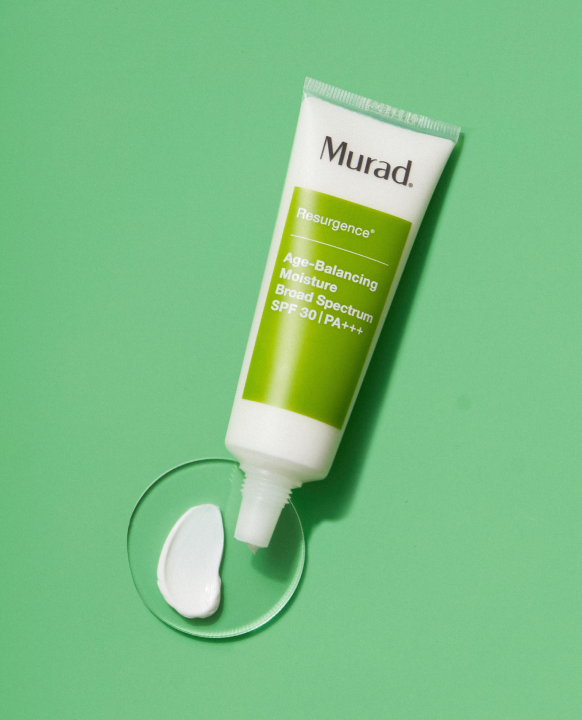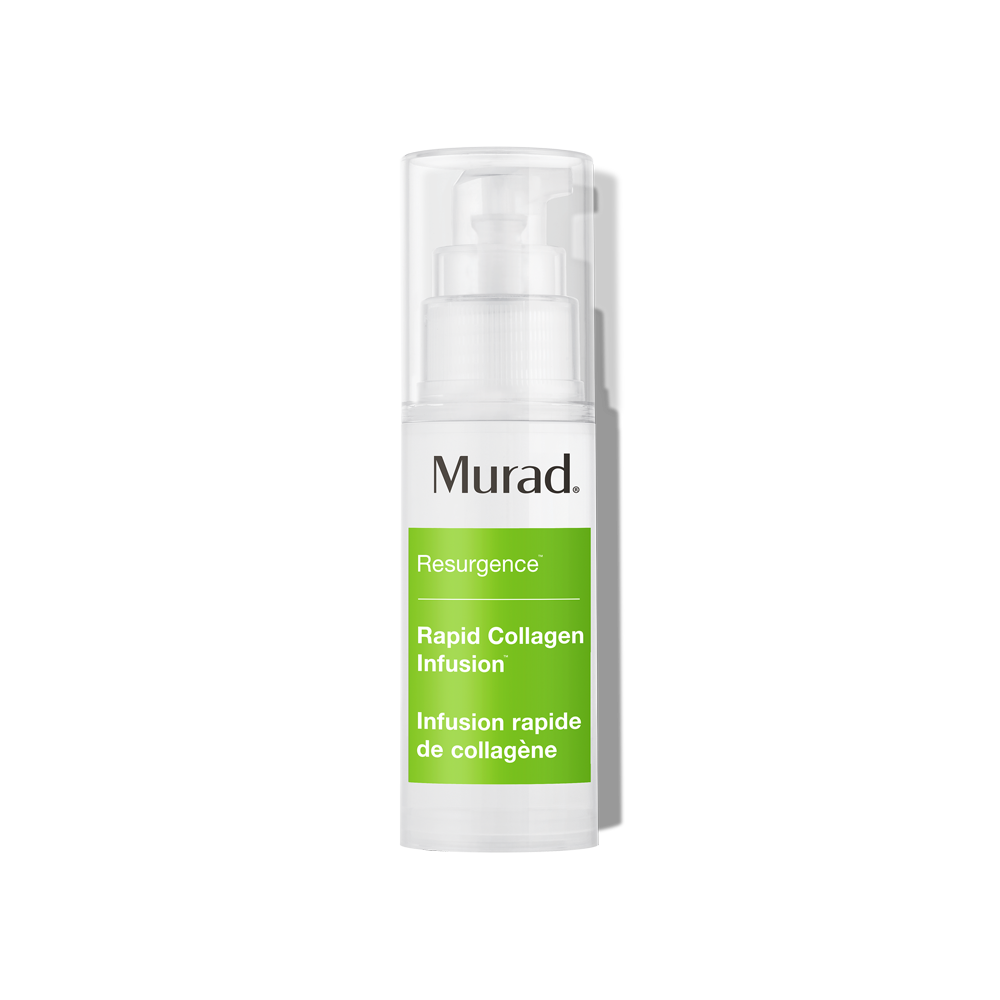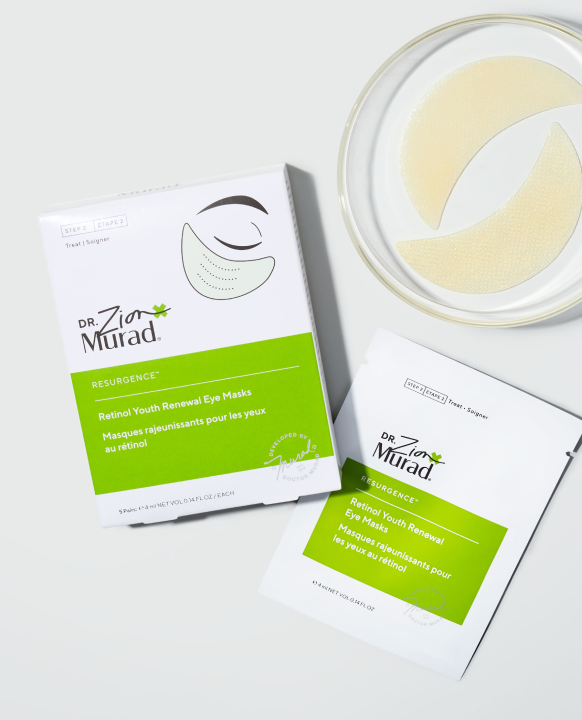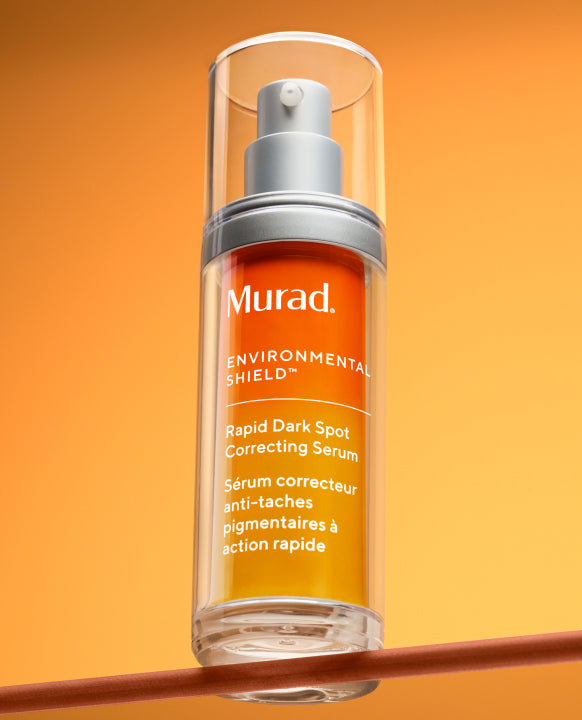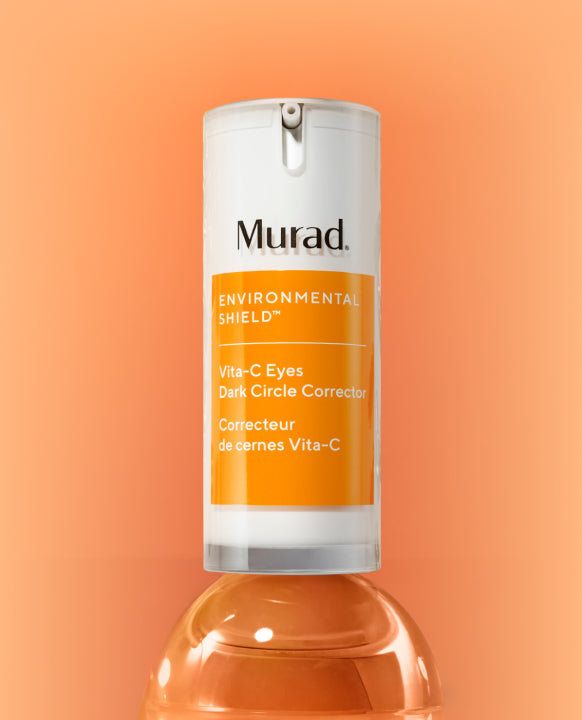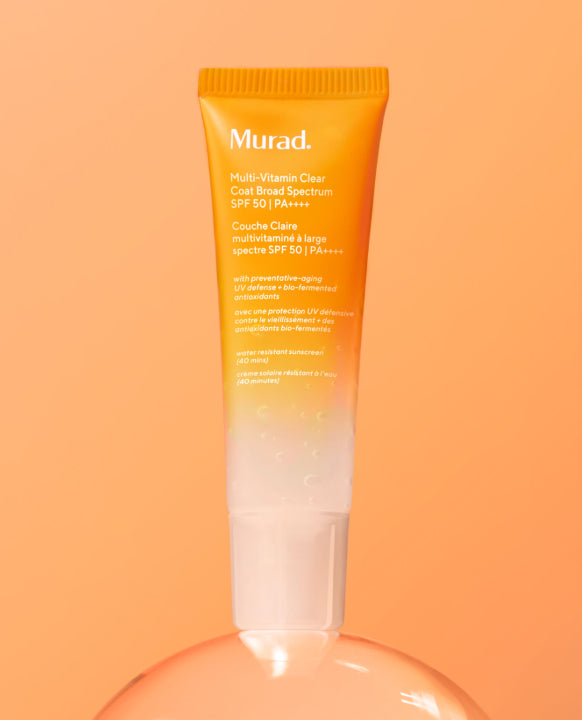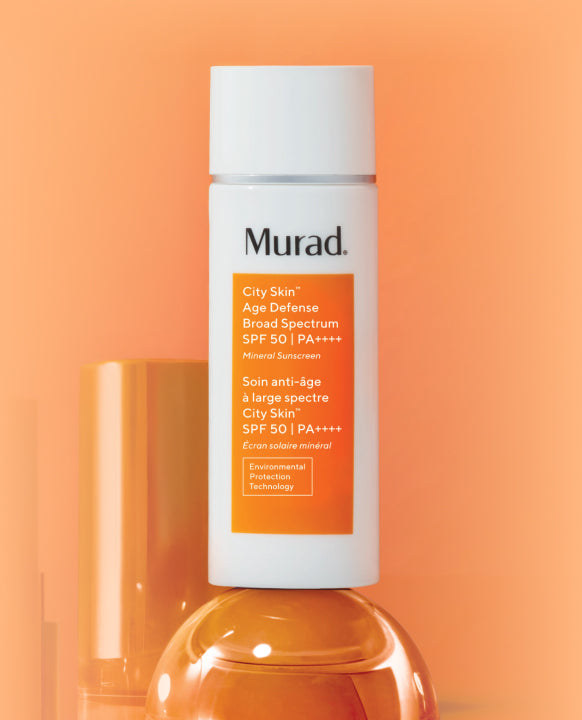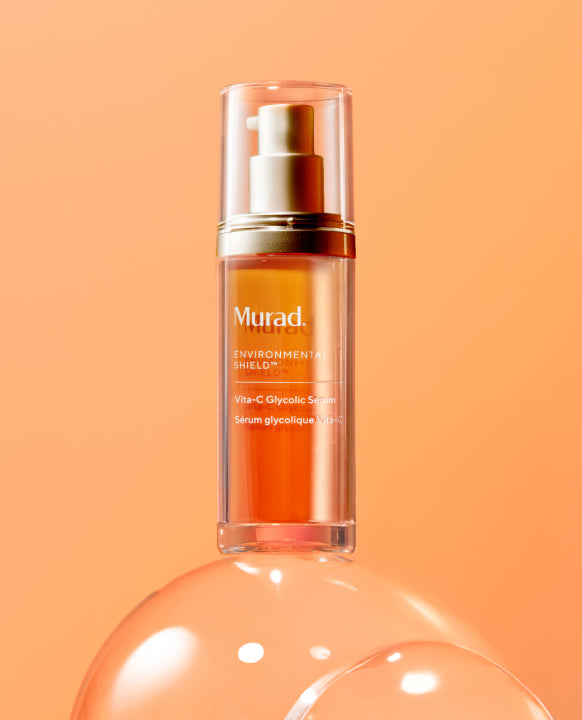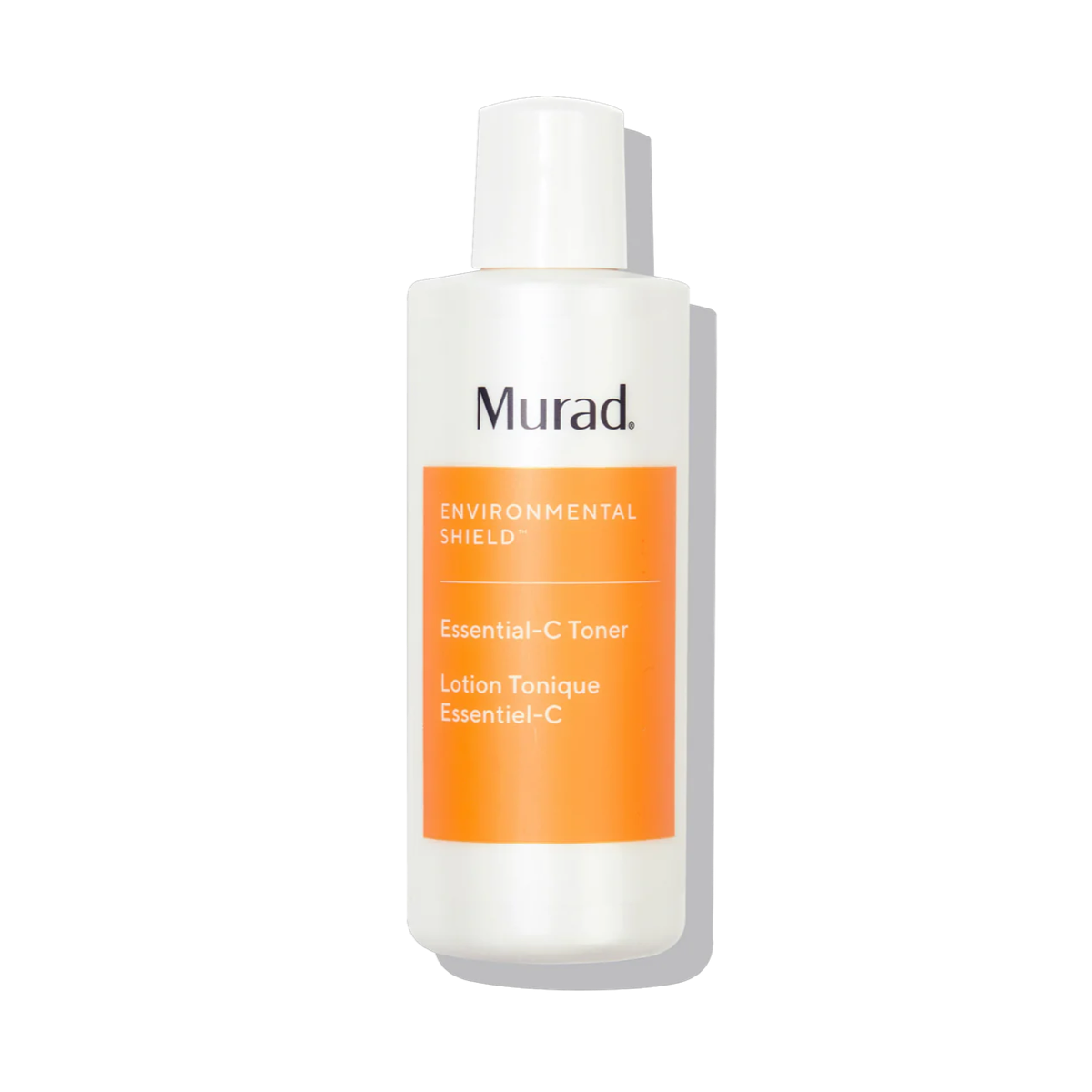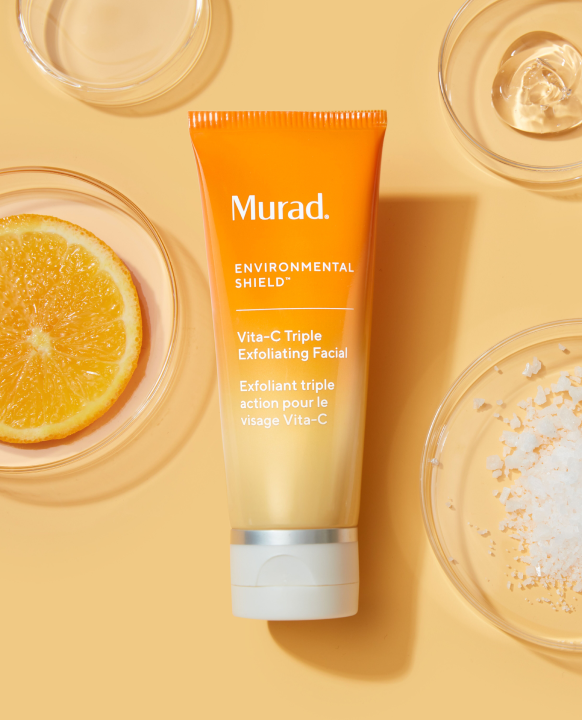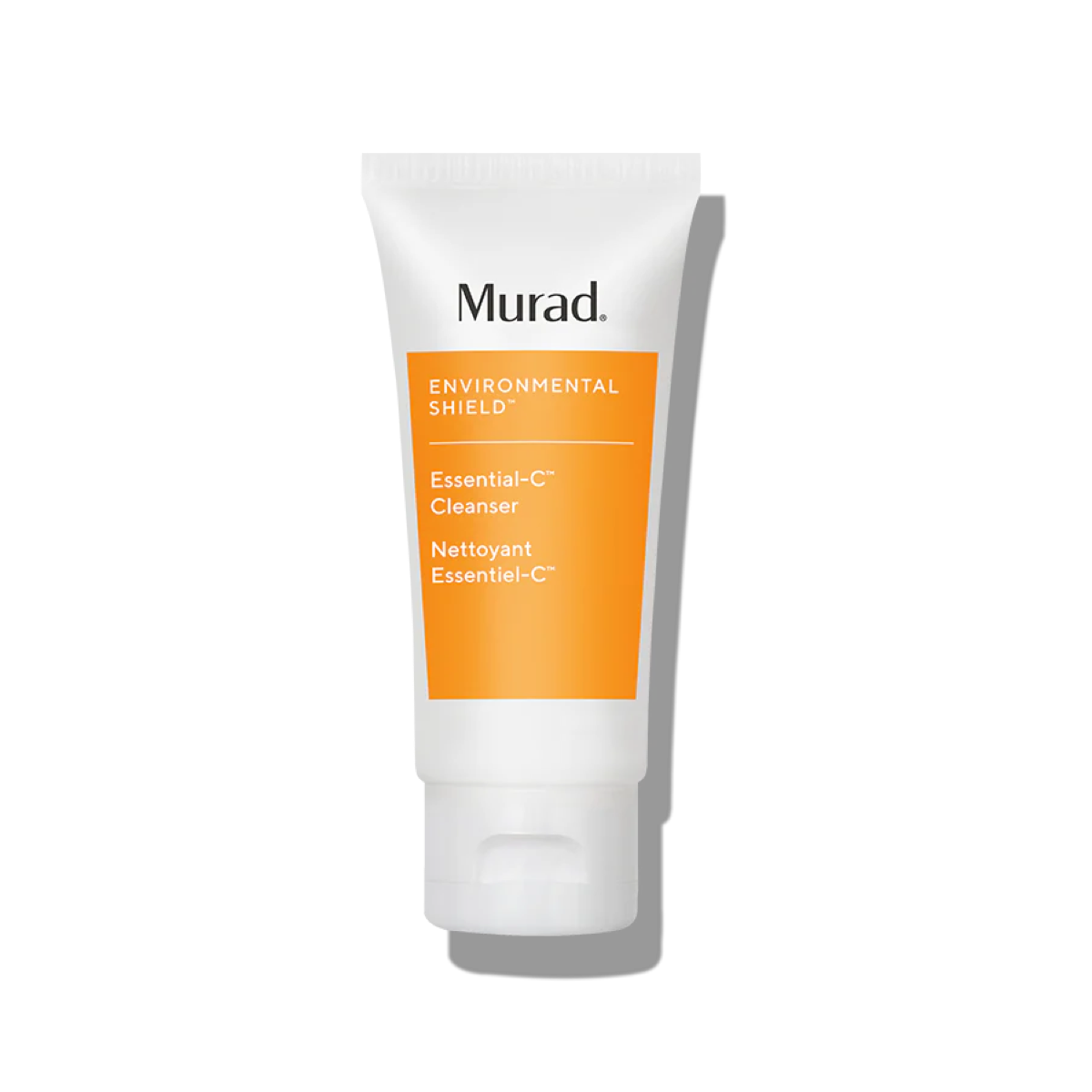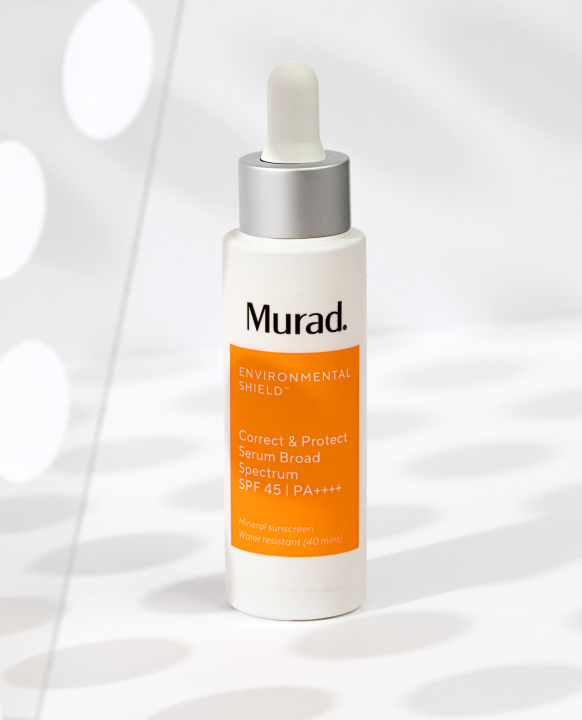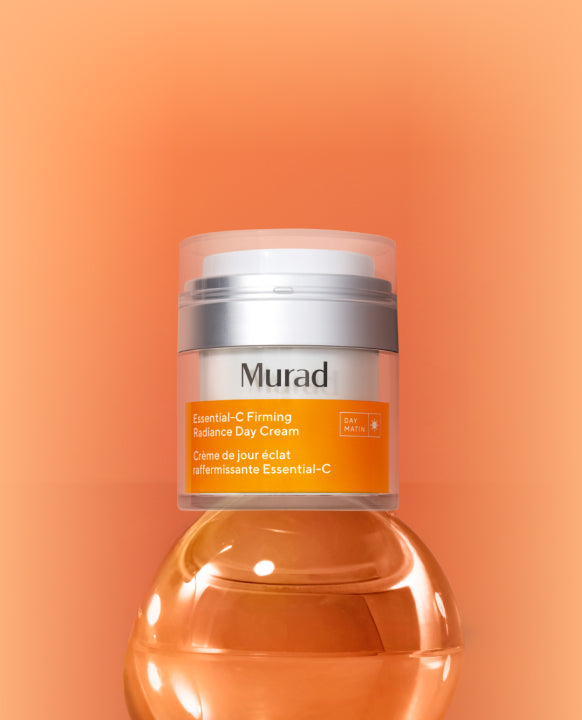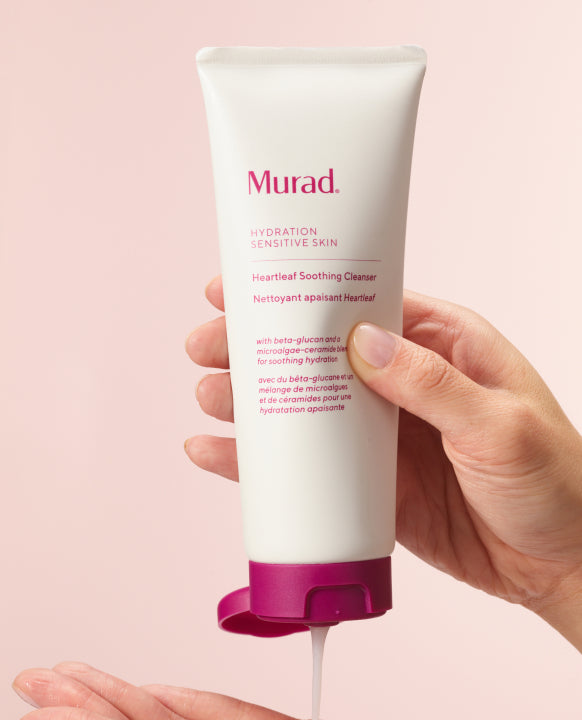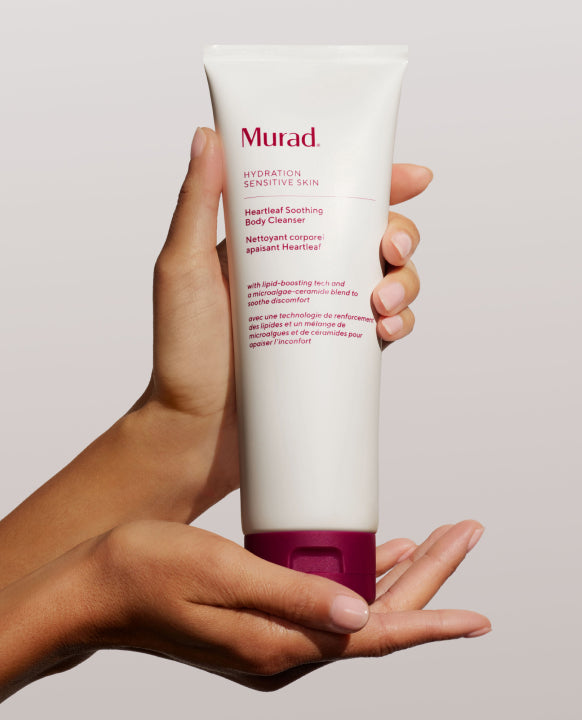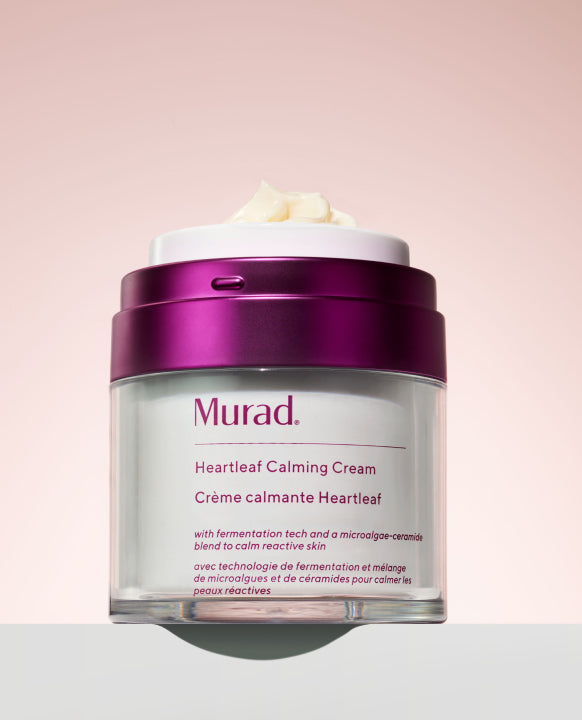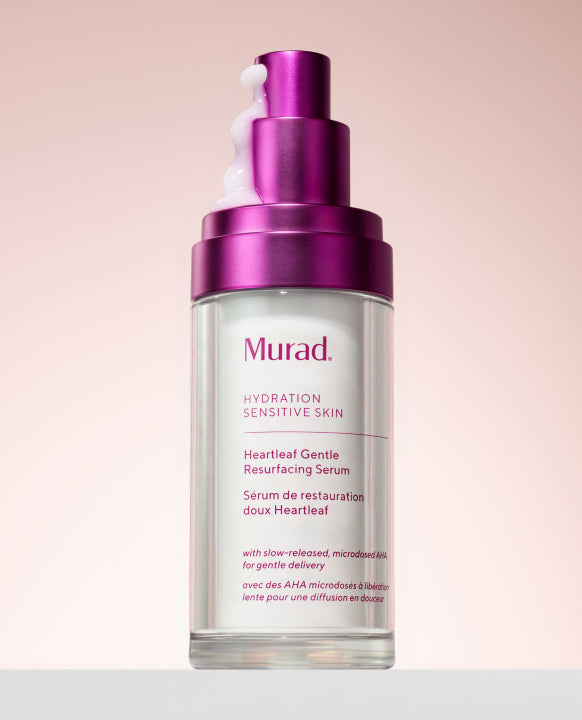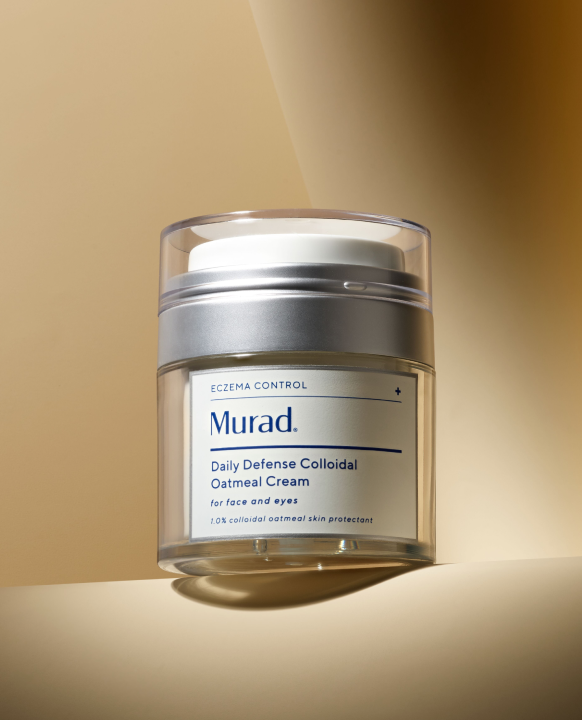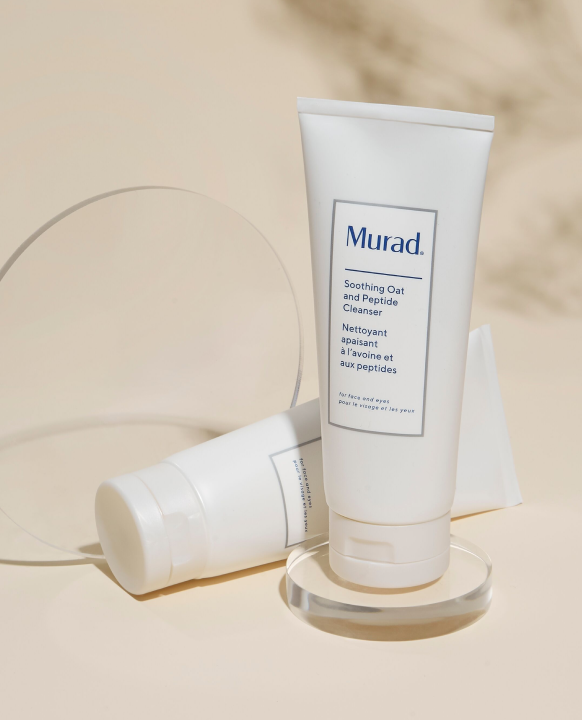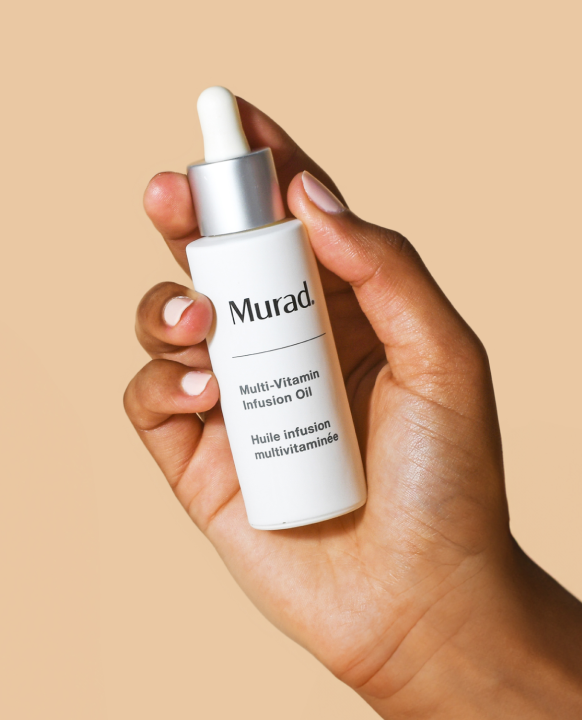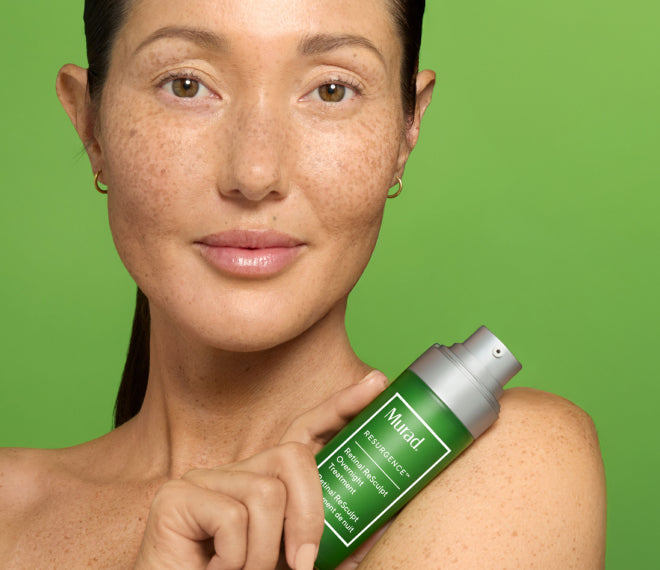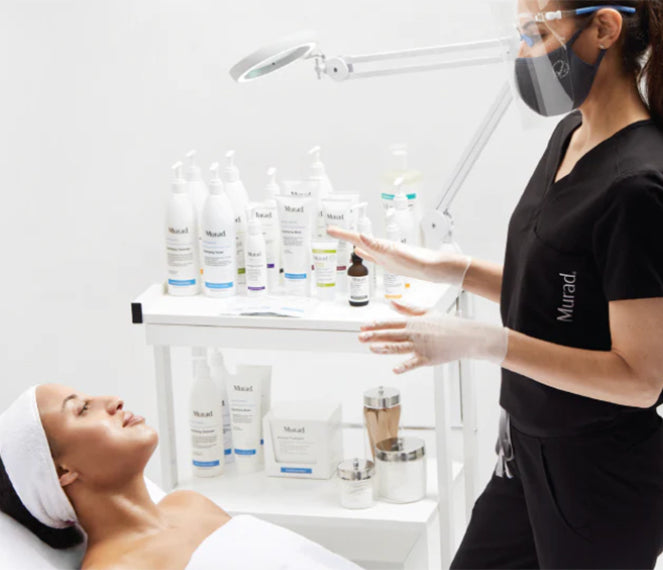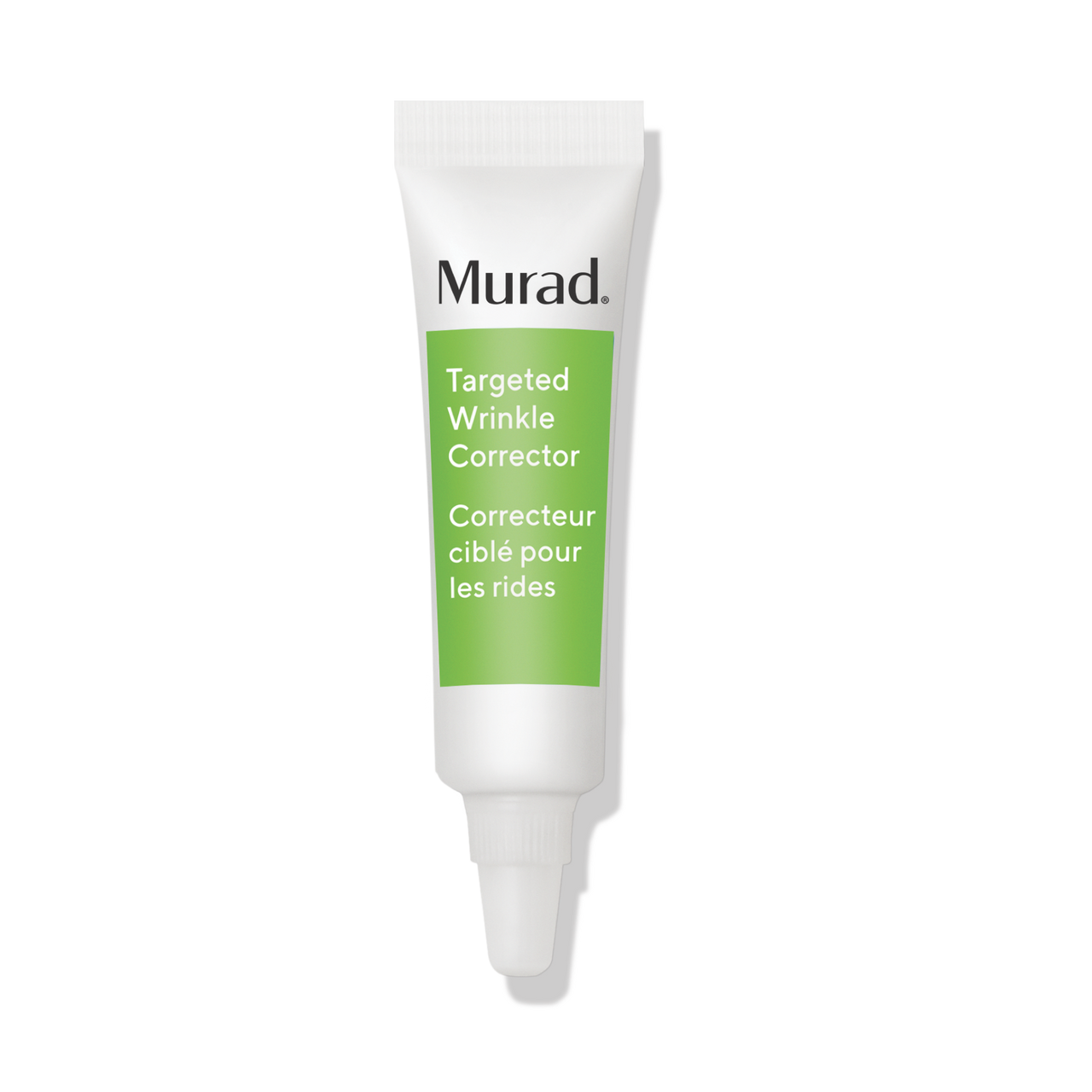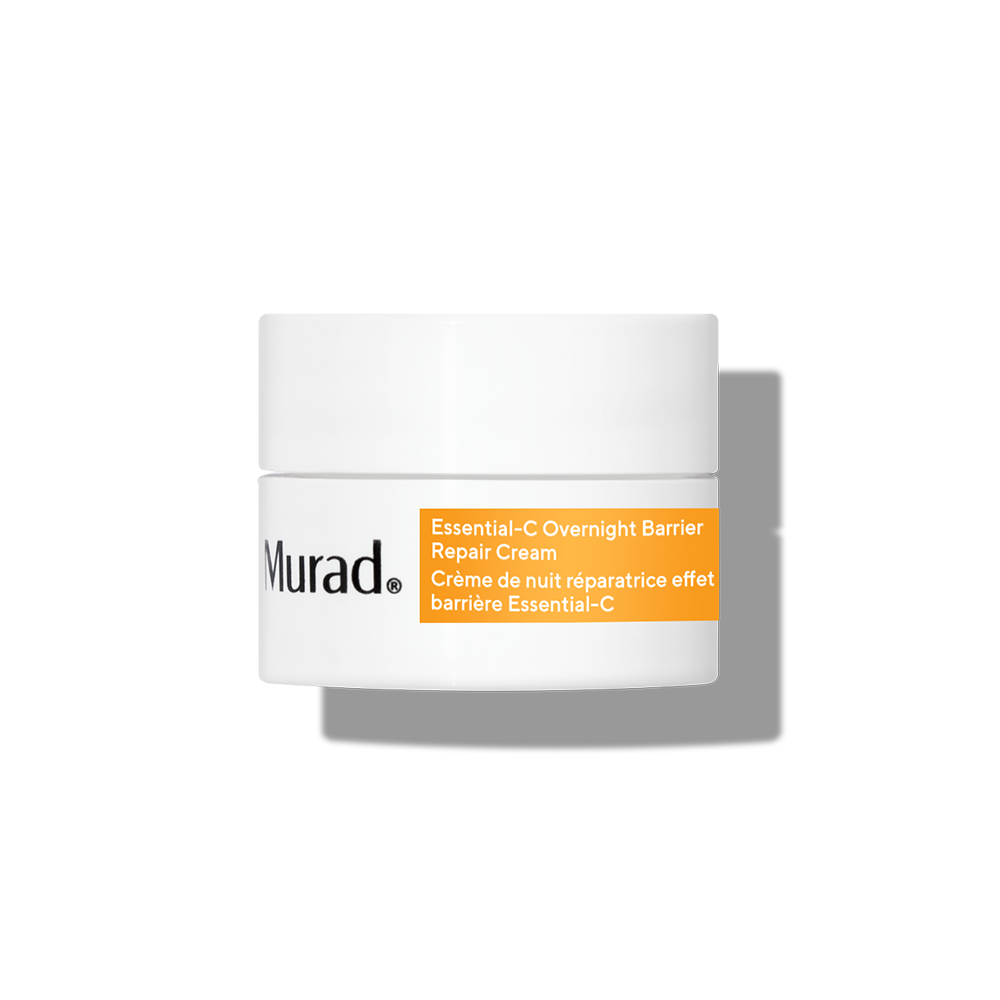Neuropeptides are showing up in skincare everywhere—why and what exactly are they?

When 2020 forced a break from dermatologists (it’s not you, it’s the pandemic), many devotees of Botox—the popular-as-ever injectable neurotoxin—turned to neuropeptides as a pseudo-replacement. We asked Dr. Alexander Zuriarrain, double board-certified plastic surgeon with Zuri Plastic Surgery and Dr. Jenelle Kim, doctor of Chinese medicine, founder and master herbologist at JBK Wellness Labs to help us face the facts: What are neuropeptides? And can they really be better than Botox?
Give it to us simply: What are neuropeptides?
Kim tells us, “Neuropeptides are chains of amino acids that act as chemical messengers in our bodies and perform many functions.” Since we’re getting scientific, neuro means medicine that deals with the nervous system. And here’s why you need to care about amino acids: They’re the building blocks of proteins like collagen and elastin. A high supply of collagen and elastin provides that face-firming look and feel that can diminish over time.
Why neuropeptides are having a major moment in skincare?
“When applied through topical skincare, neuropeptides can help stimulate greater collagen production, inhibit the release of neurotransmitters to help prevent wrinkles, reduce inflammation, make skin more resistant to UV rays and promote hyaluronic acid production,” Kim says. She also notes that neuropeptides can work preventatively to reduce signs of ageing and increase skin repair for “healthier, stronger and more youthful-looking skin.”
How do neurotoxins compare to neuropeptides? Kim says, “Both neuropeptides and neurotoxins function as chemical messengers in the body.” Zuriarrain adds that some studies have shown “neuropeptides can exert a Botox-like effect by inhibiting the release of neurotransmitters that cause muscle contraction.” But the all-mighty injectable still yields better results, and here’s why: “Neuropeptide serums and moisturisers are applied topically and only affect the protective layers of skin, whereas neurotoxins like Botox, Xeomin and Dysport interfere with muscle function because they’re injected into the skin,” Kim says. These types of injectable procedures are the most effective at preventing fine lines around the mouth and inhibiting movements that can cause wrinkles on the forehead.
So bottom line: What are the benefits of neuropeptides in skincare products? “Many patients are combining the use of injectable neurotoxins along with neuropeptides to improve facial aesthetics long term,” Zuriarrain says. Kim takes it one step further, adding that anyone who wants to prevent signs of ageing “can benefit from a neuropeptide-based skincare product.” If you want products that are closest to mimicking the Botox-in-a-jar effect, Kim and Zuriarrain suggest looking for creams, wrinkle correctors and serums that contain neuropeptides. And when in doubt, Kim adds, “You can always talk to your dermatologist about any new product you want to add to your routine.”
The views expressed in this article do not necessarily represent the views of Murad, and are for informational purposes only, even if the advice of physicians and medical practitioners are included. This article is not a substitute for professional medical advice, diagnosis or treatment, and should not be considered specific medical advice.
About the Author Jacki Marzano is SoCal-based storyteller and head copywriter at Murad Skincare. She's shaped the voice of some of the most recognised beauty brands in the business, has a penchant for sharing homemade cookies, and believes SPF is the secret to getting carded well into your 40s.
